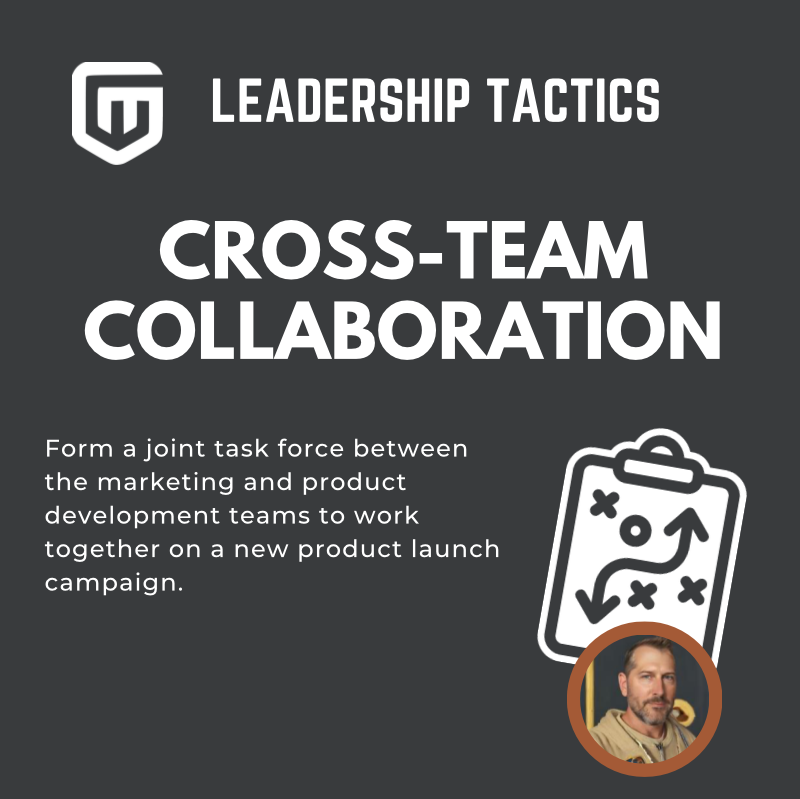Encouraging collaboration between teams within an organization is more important than ever. By encouraging cross-team collaboration, leaders can break down silos, harness diverse perspectives, and unlock innovative solutions that drive organizational success. More than just a buzzword, cross-team collaboration is a powerful force that can propel your organization forward.
To promote effective cross-team collaboration, leaders can:
- Establish shared goals and objectives that require collaboration between teams, fostering a sense of unity and shared purpose.
- Create opportunities for team members from different departments to connect, network, and share knowledge through joint projects, workshops, or social events.
- Encourage open communication and transparency between teams, breaking down barriers and promoting a culture of trust and collaboration.
- Recognize and celebrate collaborative efforts and successes, reinforcing the value of teamwork and the benefits of working together across teams.
Pixar Animation Studios, renowned for its creative and innovative films, is a prime example of the power of cross-team collaboration. The company's open-plan office space is designed to encourage serendipitous encounters and conversations between employees from different teams and disciplines. Additionally, Pixar's Brain Trust—a collaborative group of directors, writers, and other key personnel—meets regularly to provide candid feedback and creative input on projects in development. This culture of collaboration and knowledge-sharing has been integral to Pixar's ability to consistently produce groundbreaking and successful films, showcasing the immense potential of cross-team collaboration.

